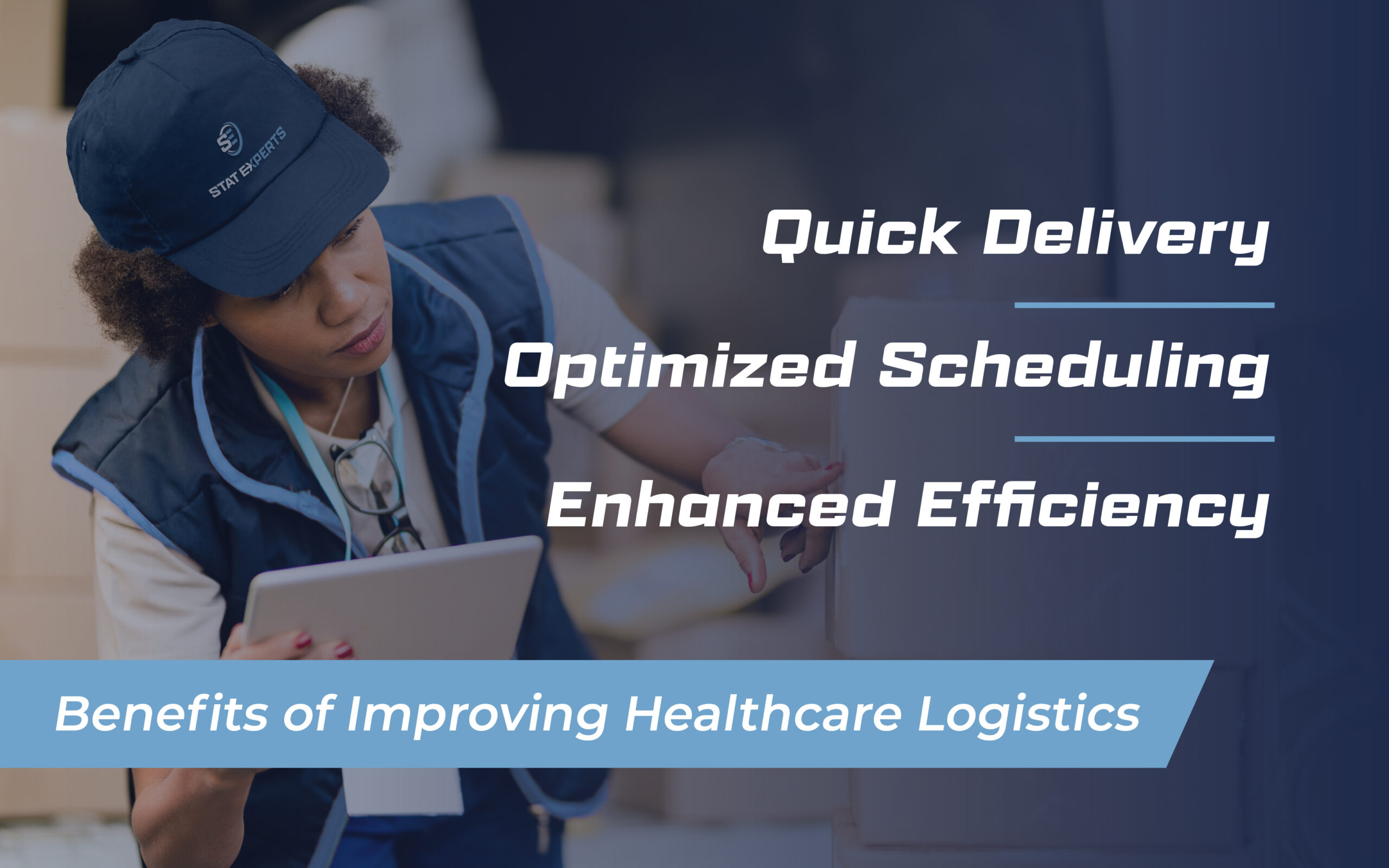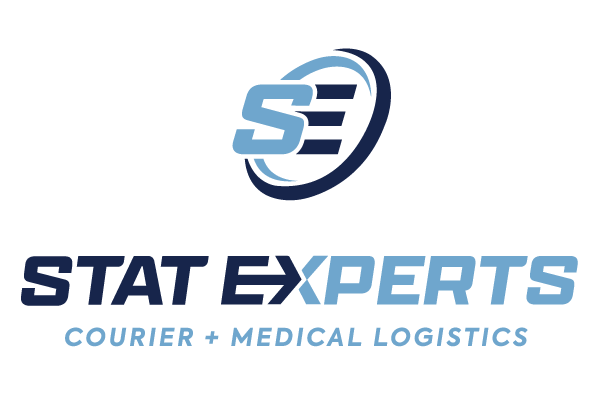The smooth functioning of a hospital depends on the efficient management of resources, from medical supplies to personnel. This often complex process affects virtually every aspect of healthcare and requires a high level of expertise and efficient systems to operate effectively.
What exactly is involved in healthcare logistics, and what kinds of improvements can lead to better outcomes for both patients and your medical business?
What Is Healthcare Logistics?
Healthcare logistics is the strategic coordination and management of people, materials, and information to ensure efficient and effective delivery of care. This encompasses everything from the procurement and distribution of medicines and medical equipment and supplies to staff scheduling and patient data management.
Logistics plays a central role in healthcare. It ensures that resources are available when needed, reduces waste, and helps avoid delays in care delivery. A well-managed logistics system can significantly enhance patient satisfaction, reduce operational costs, and ultimately improve the quality of care.
Challenges in Healthcare Logistics in Baltimore, MD
Despite its significance, healthcare logistics face a steady stream of challenges for just about every healthcare organization — issues such as managing complex supply chains, dealing with resource shortages, ensuring regulatory compliance, and maintaining data privacy and security. In other words, staying compliant with the law is a constant requirement for all levels of healthcare logistics.
Poor logistics management can have serious implications for healthcare providers. It can lead to supply chain disruptions, increased operational costs, compromised patient care, and reduced staff productivity.
The Impact of Improved Healthcare Logistics
Improving logistics in healthcare can have a transformative impact on the delivery of care. It can ensure the timely availability of medical supplies and equipment, optimize staff scheduling, facilitate better patient data management, and enhance overall efficiency.
The key benefit for patients is that the right treatment is always available. For healthcare staff, it means less time spent on administrative tasks and more time for patient care. For hospitals, it means cost savings due to reduced waste and increased efficiency.
Strategies for Improving Healthcare Logistics
Technological advancements play a significant role in improving healthcare logistics. Advanced technologies like AI (artificial intelligence), IoT (Internet of Things), blockchain, and cloud computing are being used to streamline supply chain processes, enhance data analytics capabilities, improve inventory management, and boost overall operational efficiency.
Data analysis is fundamental to effective logistics management as it enables predictive modeling and informed decision-making. With the help of advanced analytics tools, hospitals can forecast demand for various resources accurately and plan accordingly.
Training and development for healthcare logistics personnel is equally important. A well-trained team can effectively navigate complexities in the supply chain process and ensure seamless operations.
An increasingly popular option for many hospitals these days is partnering with a provider like Stat Experts in Baltimore, Maryland, that can manage all or part of their logistics on their behalf. Hiring an external firm saves hospitals time and money and allows their staff to focus on patient care.
Healthcare Logistics With Stat Experts
At Stat Experts in Baltimore, Maryland, we are committed to helping hospitals improve their healthcare logistics. Our team utilizes the latest technologies — including data management software and GPS tracking — to manage every aspect of your hospital’s supply chain effectively.
We offer robust solutions for shipping, tracking, management, storage, and streamlining your hospital’s resources. Our services are designed to save you money while enhancing your healthcare delivery.
Contact Stat Experts in Baltimore, Maryland, today to discover how we can help you improve your healthcare logistics.


